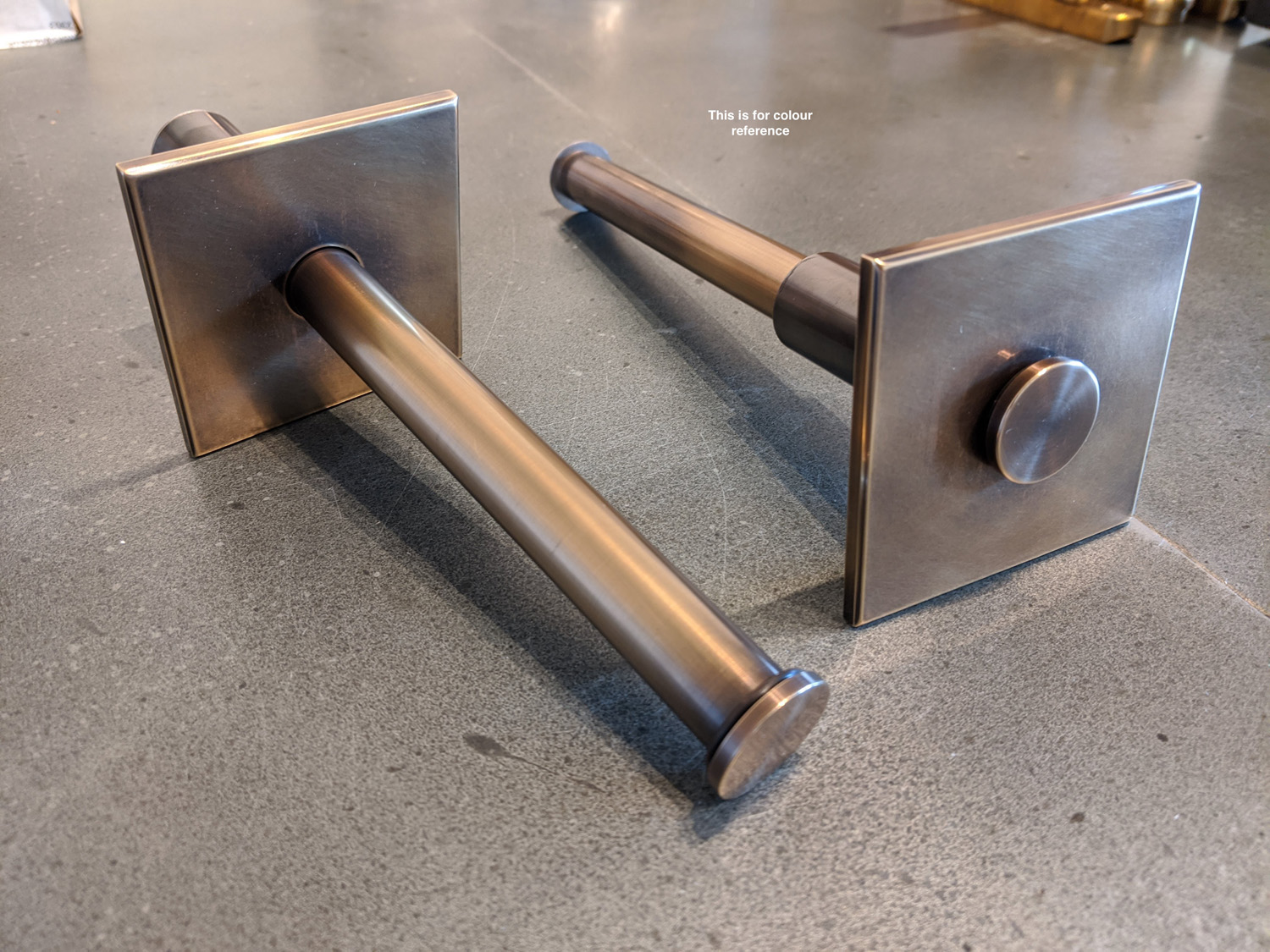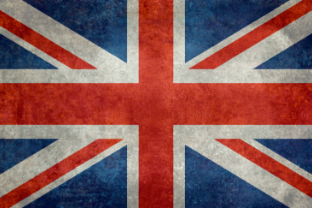
Globally, we are becoming increasingly aware of our impact on the environment. Many people are now making conscious decisions based on the environmental credentials of the companies they buy from. Attempting to be eco-friendly has become a mainstay of our daily lives, from where we buy our food to what we clean our houses with. So conscious are we to be more ‘green’ that even interior design choices are becoming linked to sustainability and environmental impact, with people selecting materials which are easy to recycle. Incorporating metal furniture into an interior design scheme offers a sustainable solution for the environmentally conscious client.
Our products are made using modern and traditional techniques by our skilled workshop team – the focus being on a high standard of craftsmanship and use of quality materials. We aim to create items that have the potential to last a very long time; items that can be passed down and enjoyed by generations to come. Metal is not only durable, but also recyclable.
Not only do sustainable materials minimise our contribution to the problem of overconsumption of the planet’s resources, they can be used as an asset for creative and aesthetic design. Consider the rich, warm hues of copper – a stylish addition to any home, but one that also offers many practicalities; anti-microbial and durability properties and a material that can be recycled and reused a great number of times.
With a responsibility to be aware and considerate of the natural environment, where possible, we look to source all raw materials and consumable products from sustainable and environmentally conscious suppliers. Therefore, many of the businesses we work with include recycled as well as raw metal material in the production of the different profiles and products we consume.
The metals recycling industry is highly regulated. All scrap metal dealers must be correctly licensed, from mobile collectors to large, multinational operators. The British Metals Recycling Association (BMRA) is a trade association representing the £7 billion UK metal recycling sector.
With the industry trading and processing over 10 million tonnes of ferrous and non-ferrous metals every year (including: steel, aluminium and copper), a wide range of related products are recycled, such as end of life vehicles, packaging, batteries, domestic appliances, building materials and electronic goods.
According to the BMRA, “there are six major natural resources on the planet: water, air, coal, oil, natural gas and minerals. Now, recyclables have joined them, as the world’s Seventh Resource”.
At Andrew Nebbett Designs we primarily use approximately 500kg of copper, 6 tonnes of brass and 500kg of zinc sheet on an annual basis. Metal is 100% recyclable, it is permanent and it can be recycled forever, over and over again. It contributes to the circular economy, avoiding landfill.
Looking at these three metals, all are regularly recycled. An interesting fact from the BIR states that 60% of copper produced since the 1900s is still in use, with almost 40% of the world’s demand for copper being met using recycled material. Over 80% of the zinc available for recycling is eventually recycled, and the secondary zinc production uses 76% less energy than primary. As for brass, this highly sustainable metal can be recycled many times over without diminishing its makeup. Facts: BIR
So, what else do we do to lessen our impact on the environment, and off-set our manufacturing activity? In terms of power, our workshop is fitted with 54x300w solar panels producing an average of 12,500 kilowatt hours per year, which helps to subsidise our usage of electricity through the main National Grid. We are also careful to save and sort our waste products, from metal off-cuts to the chemicals we use. Furthermore, our off-cuts are sorted and collected by a local processing firm that further categorises our scrap metal in preparation for the re-smelting and recycling process.
Andrew Nebbett Designs will always strive to keep abreast of current and future trends and practices in relation to recycling and sustainability. We may only play a small part in the global consumption of metals, but we feel a responsibility to ensure our ‘small part’ is made up of a collective of ethical and environmentally conscious activities.
